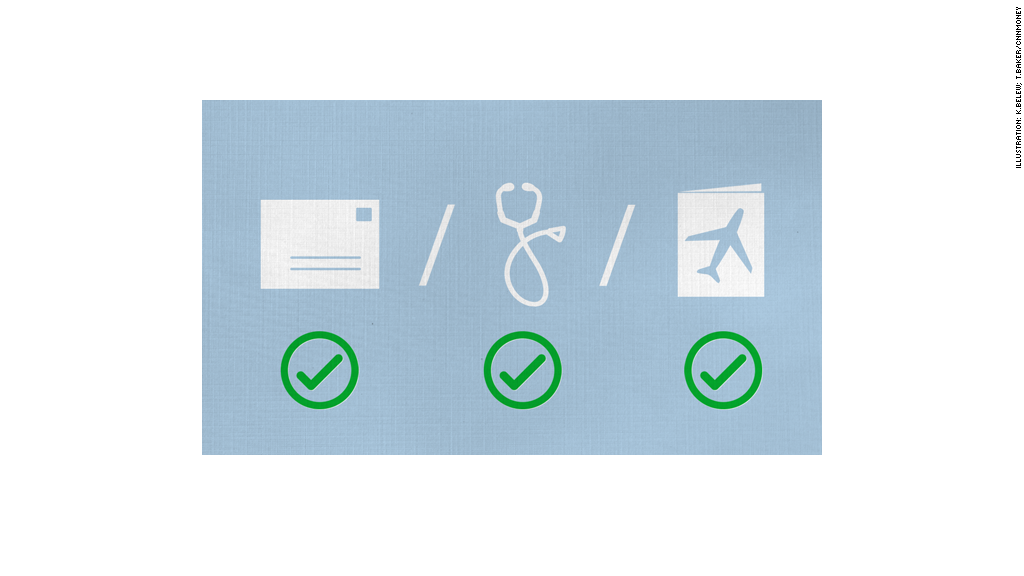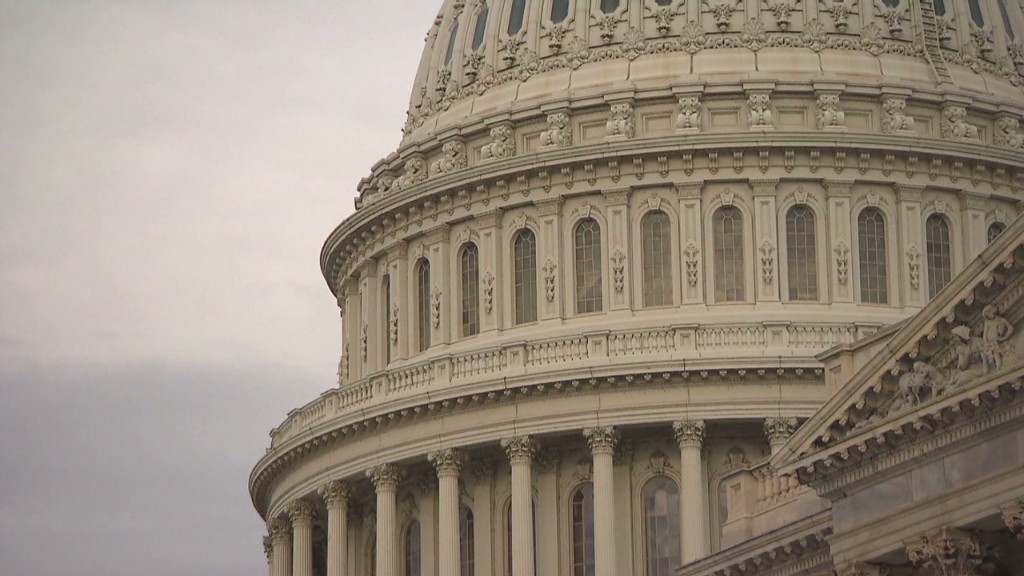
Worried that the government shutdown means you won't receive your Social Security check? Or that getting a passport in time for your long-overdue vacation is a long shot? Don't be.
Yes, the government shutdown will close national parks and museums and furlough hundreds of thousands of federal workers. But there are actually a number of government services that will see business as usual.
Many of these services are deemed "essential," while others are funded through money not allocated by the budget that Congress is fighting over.
Here are some of the things you likely don't have to worry about:
Social Security and Medicare: This is a big concern to many people who are worried a government shutdown would halt the checks that help pay their bills.
But Social Security funding is mandatory, which means it is automatically authorized and not part of the current budget debate. Your health care benefits, for that matter, are also safe since Medicare falls under the same umbrella.
If you're still nervous, take note: Social Security checks were sent out on schedule during both of the last two government shutdowns in the mid-1990s. And that was when they were still mailing out paper checks, likely a more labor intensive process. Today, recipients receive the funds through debit cards or direct deposit.
Still, it's unclear whether the Social Security Administration will keep on enough staff to process new applications without delay.
Shutdown: Are Social Security payments at risk?
Unemployment checks: While the federal government's monthly jobs report could be delayed by the shutdown, the same is not true for unemployment benefits.
Like Social Security, unemployment checks should go out on schedule.
Passports: Don't cancel that vacation just yet. Even though passport offices closed during the shutdown in the mid-90s, they will remain open this time around, according to the State Department's current shutdown plan, since they generate enough in fees to support their operations.
One possible hitch: Passport offices located in federal buildings affected by the shutdown may not be able to open.
Related: How the government will shut down
Air Travel: Air traffic control, not surprisingly, falls in the "essential" camp, so planes should still be able to take off.
According to Department of Homeland Security's shutdown plan, the vast majority of Transportation Security Administration workers will also have to show up for work, so security lines shouldn't be that much longer than normal.

Food stamps: While some nutrition programs are at risk, the country's Supplemental Nutrition Assistance Program will continue operations. It even has about $2 billion in contingency funding available, according to the Department of Agriculture's shutdown plan.
Mail delivery: If you're not receiving mail, it won't be because of a shutdown. The U.S. Postal Service will continue to deliver mail as usual.
Federal courts: Have a pending federal court case or a federal jury summons? Justice stops for no man.
The court system has said it can afford to remain open for approximately 10 business days in the event of a shutdown, based on fees and funds from prior appropriations.
